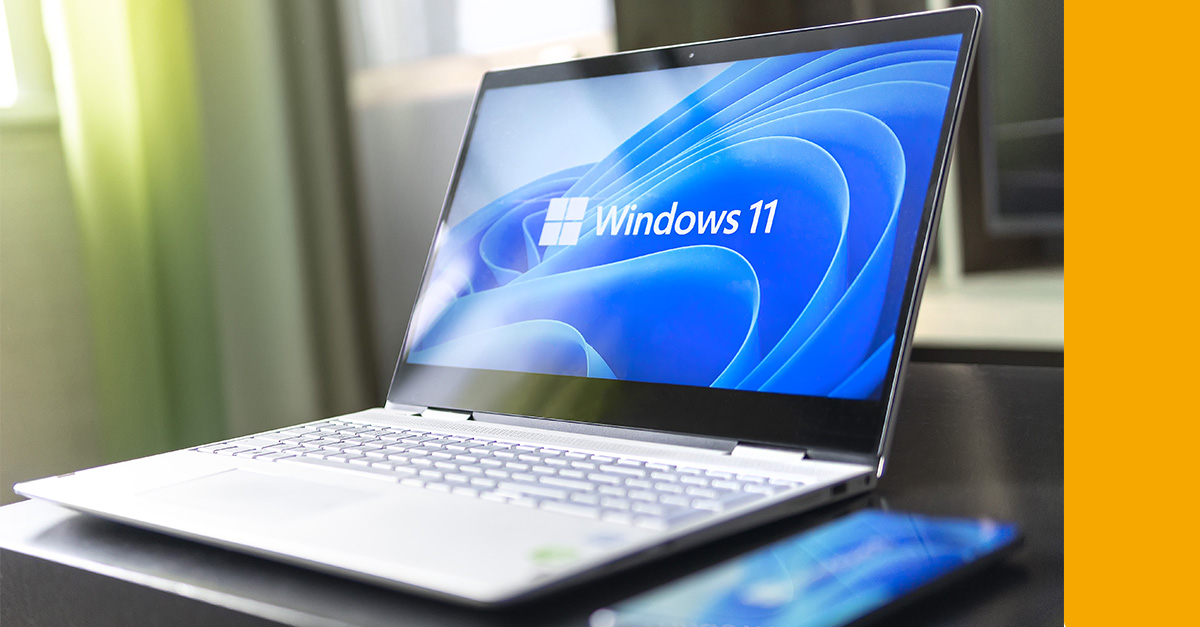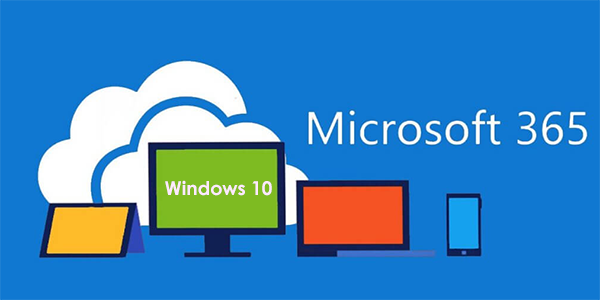Budget season is here again, after what was likely the most unpredictable planning year on record. Business continuity plans were tested, and shifting priorities took precedence over pre-planned agendas. This shift evolved the way we work and altered employee expectations.
In 2020, many organizations pivoted their business models due to the global pandemic. If you're one of these companies, you may have developed new processes and procedures that allowed you to safely continue operations and maintain high levels of customer service. Now, the effects of the pandemic have changed the face of how business gets done and potentially introduced new cybersecurity risks. In this article, we offer practical guidance on how to classify and measure these risks for effective cybersecurity risk management.
Microsoft has recently announced the release of Windows 11, its first major operating system (OS) in six years. On October 5, 2021, the modern OS will officially launch, allowing millions of end-users to upgrade to the modern system. While many of us are eager to upgrade and explore the latest technologies, being an early adopter comes with risks.
Prepare your 2022 IT budgets! Microsoft has announced it will increase rates on its Microsoft 365 (M365) service, March 1, 2022. More than 300 million users will see a 10-25% increase in subscription rates. These price changes mark “the first substantive pricing update since we launched Office 365 a decade ago,” stated Jared Spataro, Corporate Vice President for Microsoft 365.
The office role as a place to work has come under critical analysis in our current environment, focusing less on where work happens and more on worker productivity. Despite a largely dispersed workforce, many companies have found success with a remote work strategy and are capitalizing on change.
When calling in for IT help desk support, there are some days you may be faced with waiting on hold. Instead of holding, what if you could use that time to be productive? At Systems Engineering, we recognize your time is valuable. Our latest enhancement offers you the choice to save your place in line, giving you some time back in your day. This provides you with flexibility when calling help desk during peak times.
One of the most important documents your organization can create is a Business Continuity Plan (BCP). This plan is a comprehensive review of how your organization will continue to operate when responding to unplanned disasters that impact business processes, applications, and IT infrastructure. We are all familiar with the burdens that the COVID-19 pandemic placed on businesses throughout the world. Companies that had a BCP in place were much better positioned to transition to a remote work scenario than those without. The level of response this pandemic required highlighted the importance of business continuity planning and raised some unforeseeable questions that all companies should now ask themselves.












